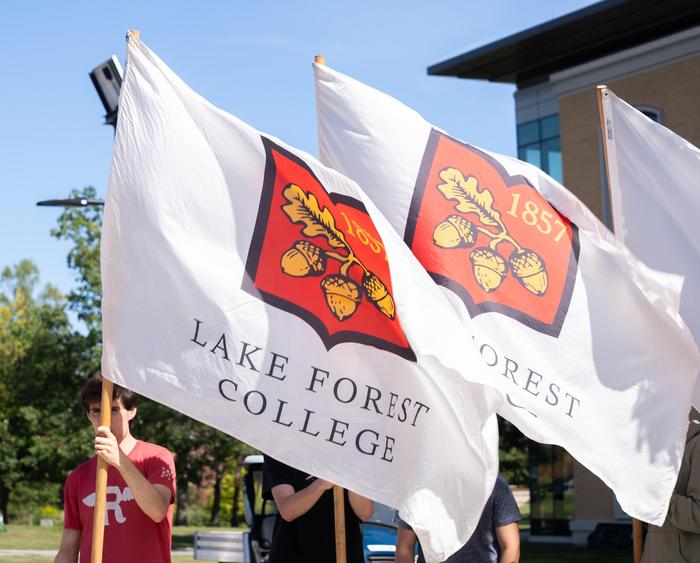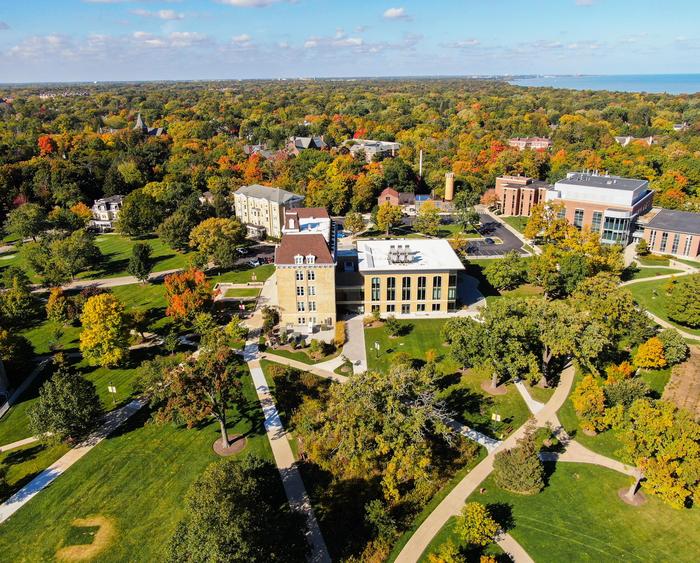The AI Governance track focuses on central ethical concerns and technical difficulties related to AI deployment. They must take an ethics class, they must take a humanities class of their choice focused on AI and society, and they must take either a technical AI-related class OR another humanities class. This is in addition to statistics, which is needed as a skill to help with assessment. In the capstone course, AI Governance, students will learn how to use assessment frameworks to develop oversight mechanisms, informed by what they’ve learned in previous classes. We’ll look at real-world scenarios and study AI governance frameworks arising from many entities, like the AI Safety Institution, Microsoft, and the IEEE.
Within the AI Governance track, students will engage in real-world and hypothetical case studies, allowing them to analyze and apply AI governance principles across various sectors such as healthcare, finance, and autonomous systems. They will learn to review, assess, and draft governance frameworks for AI and data management systems, providing practical experience in ethical considerations and regulatory compliance.










